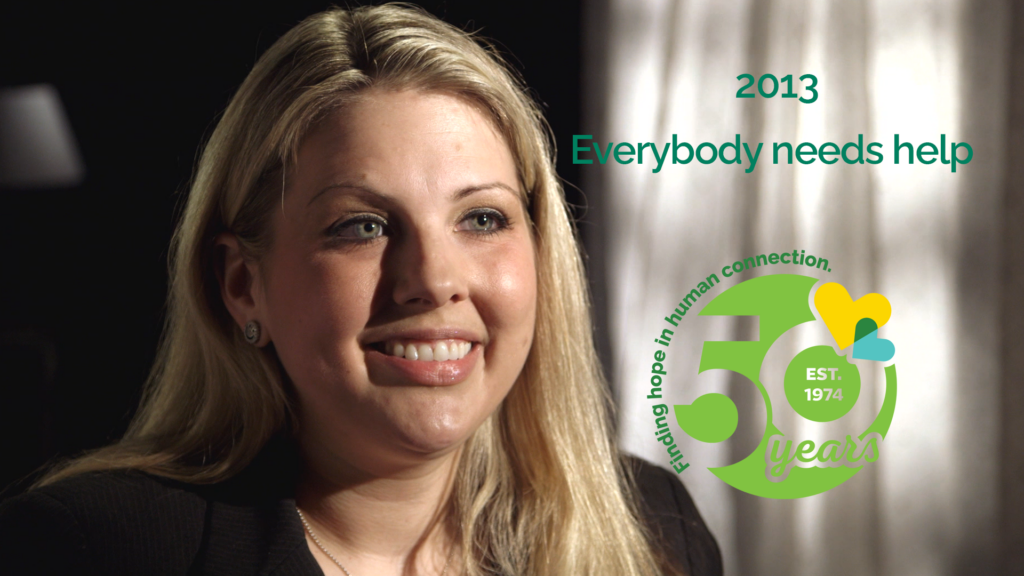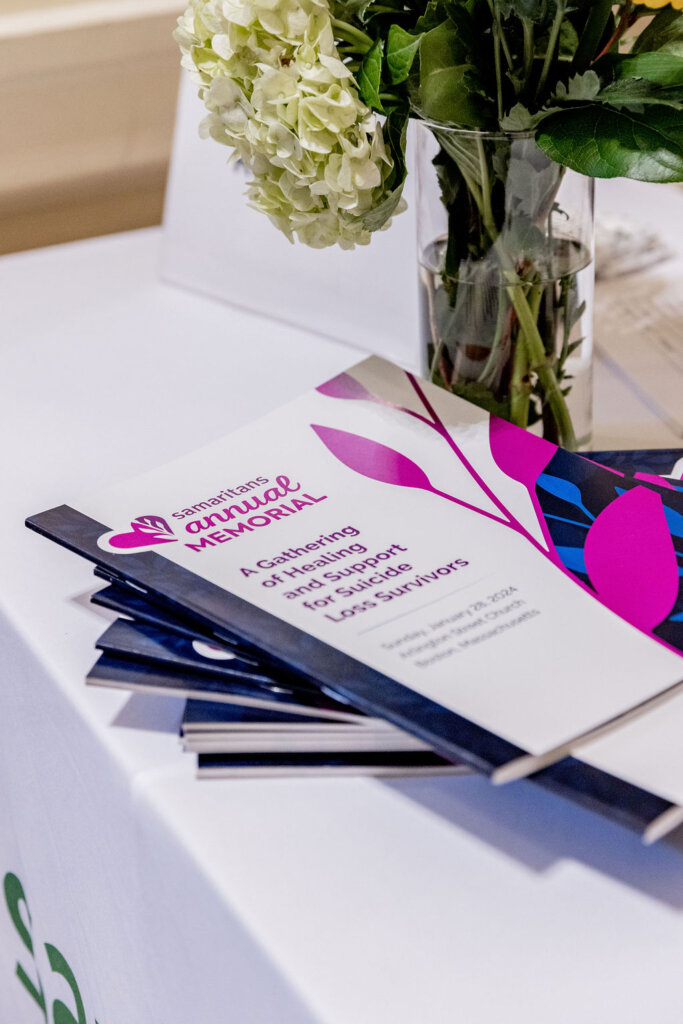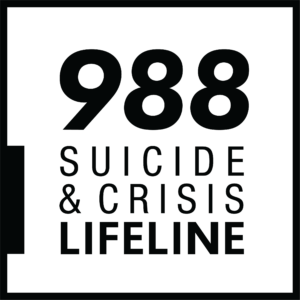
Offering Care to Suicide Loss Survivors
Losing a loved one to suicide is a painful and difficult experience. Samaritans is here to offer suicide loss survivors nonjudgmental listening and peer support. We provide many programs to support survivors in their grieving.
Our Suicide Grief Support Services have both in person and virtual programs. Participants have joined virtual meetings from all over the country to connect with their peers for comfort and shared understanding.
Our Impact in 2023
SafePlace attendees
SafePlace meetings
Survivor-to-Survivor visits
SafePlace Meetings: Support Groups for Suicide Loss Survivors

Samaritans SafePlace meetings are caring support groups for suicide loss survivors. Meetings are facilitated by trained volunteers who have also lost a loved one to suicide. SafePlace is not a professional therapy group, but rather a peer support group providing a forum for exploring feelings often not understood by others. It offers a chance to share helpful resources, and to give and get support through the long process of grieving. Meetings are free, ongoing, and drop-in.
Everyone is welcome to join our meetings at any time after their loss. For some people, it’s a few weeks or months, and for others, it may be many years before they are ready. Before joining, we suggest you reflect on the following questions: Am I ready to talk about my loss? Will I be able to share the airtime with others? Will I be comfortable listening to others talk about their losses? If the answer is no, or you aren’t sure, we suggest you start with a Survivor to Survivor visit, where trained suicide loss survivor volunteers will meet with you privately.
Suicide Grief Support Groups for Anyone
Virtual SafePlace Meetings for Loss Survivors
Virtual SafePlace meetings for anyone who has lost a loved one to suicide take place every Tuesday, Wednesday, and Thursday evening, 6:30 – 8:00 p.m. ET over Zoom. After you register, we will follow up with Zoom meeting details.
We understand that you may be unsure about discussing your loss in a virtual support group. Please review our Virtual SafePlace FAQs, which we hope will address any understandable concerns you may have about privacy and the dynamics of a virtual group.
In-Person SafePlace Meetings for Loss Survivors
We are currently working to identify a new time and location for in-person meetings in the Greater Boston/MetroWest area. Please check back for updates.
Suicide Grief Support Groups for Parents
In-Person SafePlace Meetings for Parents and Guardians
With support from The Parmenter Foundation, we have partnered with Ben Speaks to hold in-person meetings for parents and guardians who have lost a child to suicide. This group offers a chance for parents to connect with others who understand the profound grief that comes with losing a child in this way. Meetings are held:
- 3rd Saturday of every month
- 11:00 am – 12:30 pm ET
- Ben Speaks Office, 360 Woodland St, 2nd Floor, Holliston, MA 01746
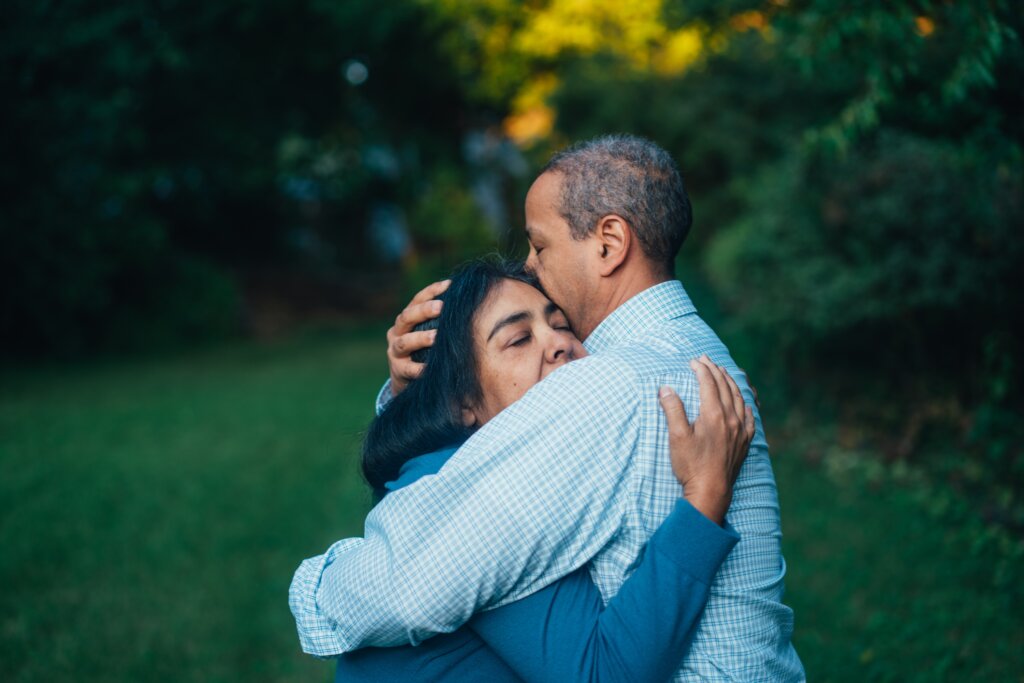
Virtual SafePlace Meetings for Parents and Guardians
To better meet the needs of our community, in Spring 2024 we launched a new virtual SafePlace for parents and guardians who have lost a child to suicide.
After you register, we will follow up with Zoom meeting details. Meetings are held:
- 1st Thursday of every month
- 7-8:30pm ET
Survivor to Survivor Visits
Talking about such a tremendous loss can be overwhelming for some. If you’re not ready to attend a suicide grief support group or if you need some extra time outside of SafePlace meetings, our volunteers are available to offer support in person or virtually. During Survivor to Survivor Visits, trained suicide loss survivor volunteers meet with bereaved individuals or families in their homes or another comfortable setting. Volunteers are available to listen, answer questions, and provide support and resources.
What happens during a Survivor to Survivor Visit?
Survivor to Survivor Visits last up to 90 minutes and allow the survivor to talk about their experience, ask questions, and share concerns. The main role of the team members is to listen and befriend. Volunteers may provide information about SafePlace meetings, Samaritans’ 24/7 Helpline, and other community resources. If the participant chooses, they can develop a plan that could include up to five more visits. Dates and times are arranged by Grief Support Services staff, in accordance with the volunteers and the family members.
What support is provided?
Trained volunteers who have themselves lost a loved one to suicide are available to listen, talk, answer questions, and provide resources. When appropriate, volunteers may share stories and examples of ways they coped with the death of their loved one. Our hope is having this contact will help alleviate some of the isolation and confusion often felt by survivors.
Who are the team members sent on Survivor to Survivor Visits?
Team members are survivors of suicide loss who have had time to regain their strength. They are carefully screened and trained by Samaritans’ staff to offer trustworthy support, and have been trained in befriending people who are grieving the loss of a loved one to suicide. Volunteers provide this service to the community in pairs.
Who can I bring with me to the Survivor to Survivor Visit?
Participants are welcome to invite family members or friends who could benefit from the meeting or make the experience more helpful. They may also choose to meet with the team members by themselves for the first time, with the option to invite others to later meetings. Some people find these visits helpful when they’re not ready to get to a support group or perhaps just want some additional time to talk outside of the group. If you would like someone under the age of 18 to participate, please see our guidelines for minor participation.
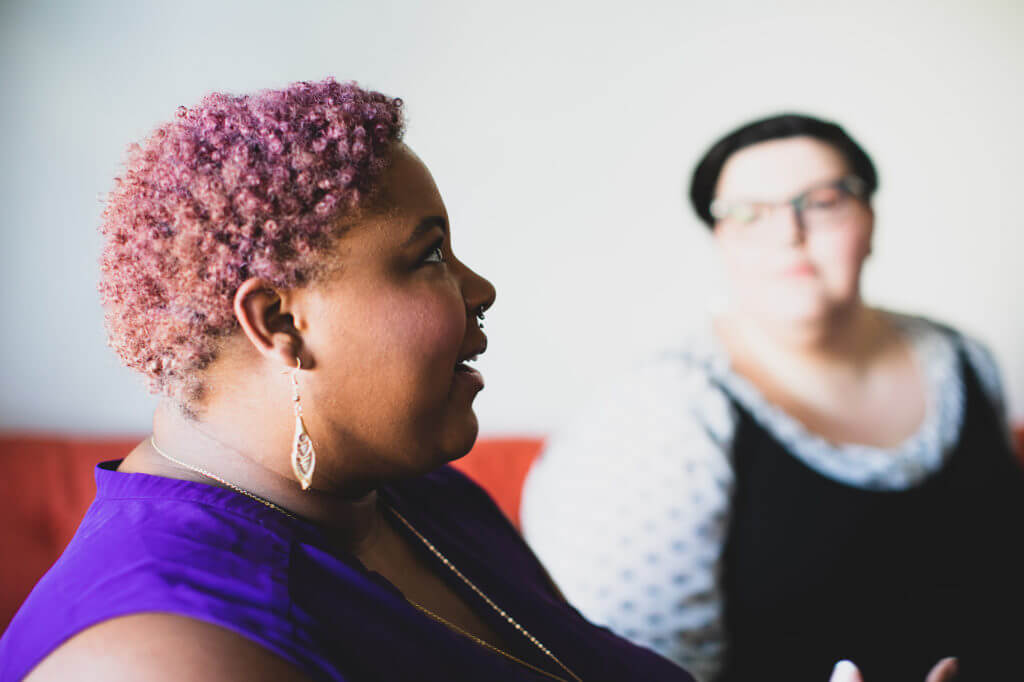
Remember Your Loved One at the Annual Memorial
Each January, Samaritans hosts a memorial to remember and honor our loved ones lost to suicide. We invite you to join the event to reconnect, find support, and share memories. All members of the greater Samaritans community, even those who have not lost someone to suicide, are welcome to join us for this powerful event.
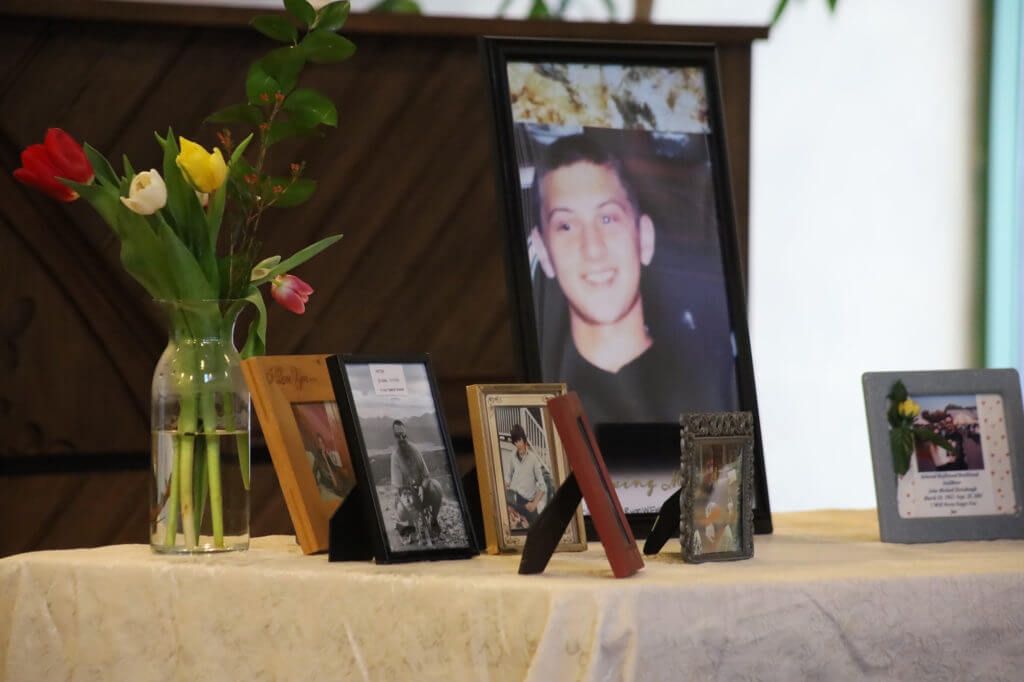
Lost Someone to Suicide and Ready to Help Others?
Grief Support volunteers have been personally impacted by a loss to suicide and are at a place in their own healing that allows them to help others. If you have been deeply touched by suicide loss and would like to help other loss survivors, consider becoming a grief support volunteer.
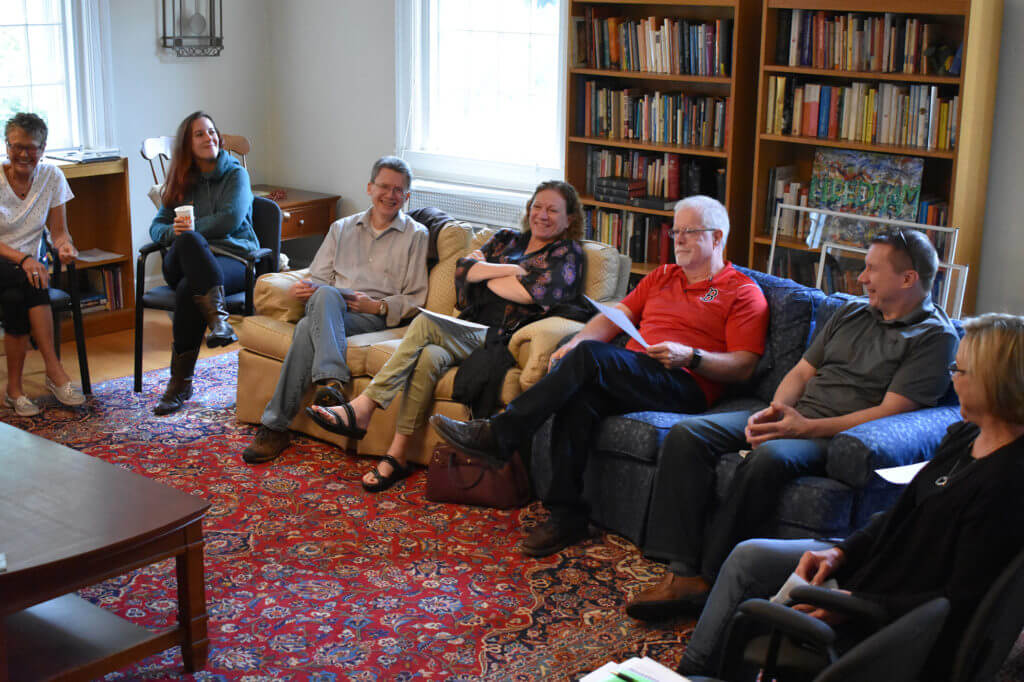
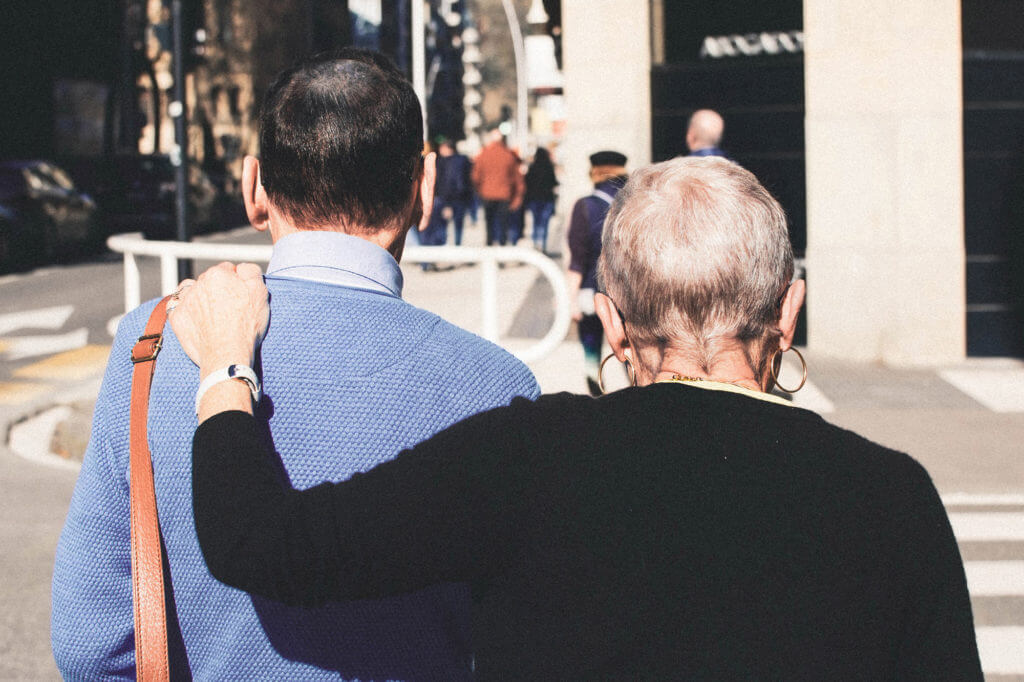
Find Support for Your Community
In addition to our individual and family services, we offer support to communities coping with a suicide loss. Our team is available to meet with members of the community who would like to talk about their experiences and the complex grief following a loss to suicide. We are available to discuss common reactions, coping strategies, and resiliency building. To schedule a community support workshop, contact our Grief Support Services team.
After Suicide: Understanding Your Grief
After Suicide: Understanding Your Grief presentations are geared towards people who are grieving a loss to suicide, and those who care for them, including clinicians, friends, extended family, and others. The goal is to help survivors better understand suicide and the grief that may happen when a suicide occurs. Presentations are hosted periodically, and our website will be updated when the next round of presentations is scheduled.
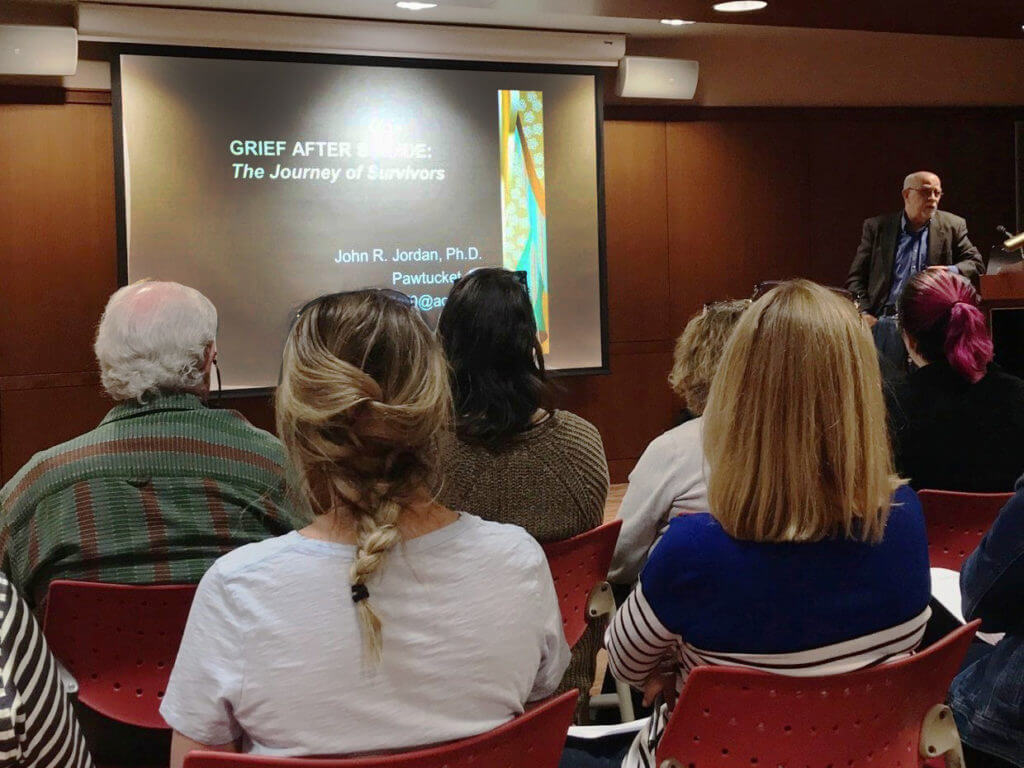
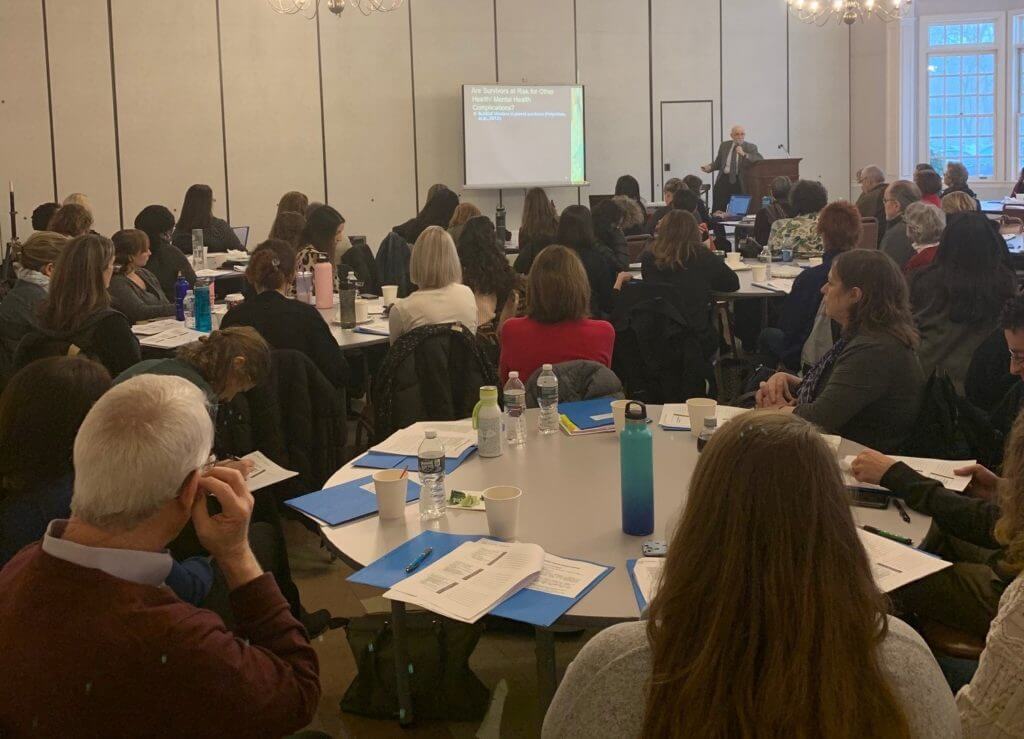
Suicide Bereavement Clinician Training
Suicide loss survivors often need a level of support that goes beyond traditional grief counseling. In partnership with Riverside Trauma Center, we periodically host a workshop designed for mental health professionals who may provide grief therapy for suicide loss survivors. It provides a focused overview of the impact of suicide on survivors, and the clinical and support responses needed after a suicide occurs. Our website will be updated when the next round of presentations is scheduled.
Hear the Journeys of Suicide Loss Survivors
While a loss from suicide can be an incredibly isolating experience, many people have walked this path before. At Samaritans, there is a community of loss survivors who understands your pain.
